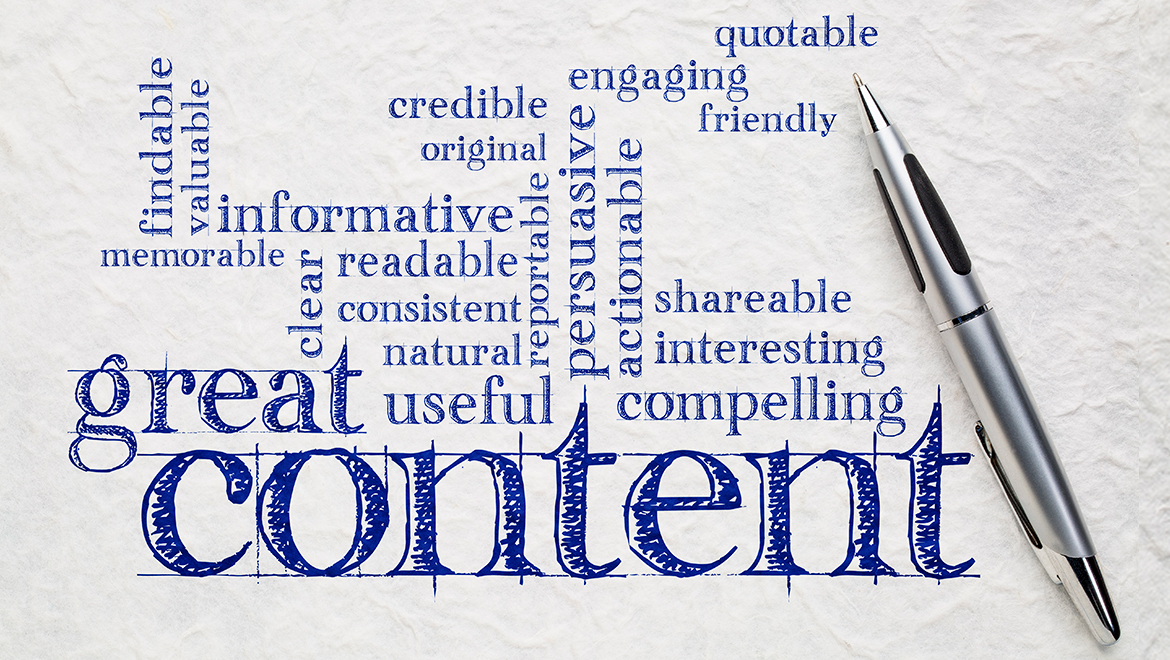I recently read Send: The Essential Guide to Email for Office and Home, by David Shipley and Will Schwalbe. I have to admit, I bought it — in part — because I couldn’t imagine a whole book about e-mail (which I still hyphenate, despite how Shipley and Schwalbe spell it). I was also curious to read it because I usually (briefly) discuss e-mail in my writing seminars and I wondered whether my advice differed markedly from what others were saying.
Before reading the book I didn’t know anything about the authors. Turns out David Shipley is the deputy editorial page editor and Op-Ed page editor of The New York Times and Will Schwalbe is the senior vice president and editor in chief of Hyperion Books. So, there’s no doubt that they have the journalism/writing/editing expertise to warrant paying attention to what they have to say about this (relatively new) form of written communication.
I was quite pleased to see that many of the points I raise in my seminars are covered in the book, and that Shipley and Schwalbe offer essentially the same advice I do regarding the topics I cover. For example, I recommend that people write substantive subject lines. I urge people to do this for a number of reasons, including the fact that it helps readers locate specific e-mails later. I also advocate changing the subject line (even if you had simply hit “reply”) if you’re changing the subject or including new information in the reply — same rationale applies. Shipley and Schwalbe advise the same thing (pages 83-84).
I especially loved the discussion of tone and how, whether the writer’s aware of it or not, e-mail often conveys a tone. As they say on page 9: “If you don’t consciously insert tone into an email, a kind of universal default tone won’t automatically be conveyed. Instead, the message written without regard to tone becomes a blank screen onto which the reader projects his own fears, prejudices, and anxieties.”
A few paragraphs later Shipley and Schwalbe offer what I think is some of the best advice in the whole book (page 9): “Email demands, then, that we figure out who we are in relation to the person we’re writing and that we get our tone right from the outset — but this isn’t as straightforward as it sounds. …”
I could go on and on about the book, but instead, I urge you to read it. It offers great advice mixed in with a healthy dose of the sociology and psychology of a particular tool that has — and is — changing the way we communicate with each other.
[If you’re interested in more from this book, I also featured a passage from it in an earlier posting: Word of the Week: please.]

Thank you for your post on our book, SEND! One of the wonderful things about writing the book has been the discovery of like-minded souls all over the world, people who care about the same things we care about. I’ve also really enjoyed going through your “Word of the Week” posts.
All best!
Will
ps: I love that you used two exclamation points in the subject line of your post!!